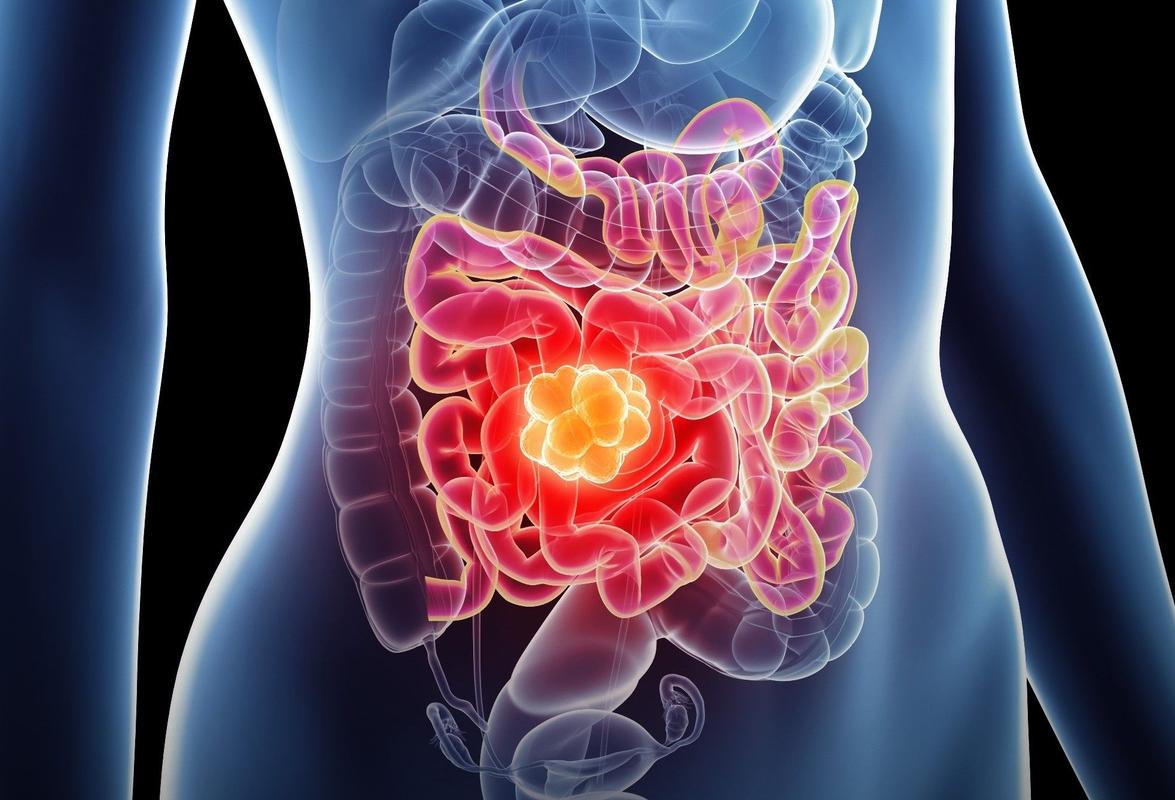A gastrointestinal stromal tumour, or GIST, is the most prevalent form of cancer in the connective tissues of the gastrointestinal tract. If the tumour has metastasised, current treatment consists of a series of three medications to inhibit its growth. Initially the medication is usually quite effective, but after a while the tumour tends to become resistant in most patients so that supplementary treatment is required.
Positive effect in 4 out of 5 patients
Laboratory analysis by Prof. Dr. Patrick Schöffski, oncologist at UZ Leuven, showed that Cabozantinib can inhibit the growth of these resistant tumours. That is why he set up the “CaboGIST” study in conjunction with EORTC (the European Organisation for Research and Treatment of Cancer). It examined the effectiveness and safety of Cabozantinib in 50 patients with metastatic GIST, two of whom no longer responded to traditional medication.
Following twelve weeks of treatment it appeared that the tumour had not grown any more in 30 of the 50 patients. “Overall the treatment had a positive impact on the disease in 80% of patients receiving treatment. Metastatic growth was temporarily stopped and the side effects were relatively limited. These results coincided with what we had previously observed in the laboratory,” professor Schöffski explained.
Overall the treatment had a positive impact on the disease in 80% of patients receiving treatment: metastatic growth was temporarily stopped.Prof. dr. Patrick Schöffski - oncologist
Off-label use
Cabozantinib is currently already used for certain types of thyroid, kidney and liver cancer. For patients who do not respond to traditional treatments or suffer too many side effects, doctors in various countries can prescribe another registered drug, even though it has not (yet) been officially approved for that specific disorder. “We refer to this as off-label use, a principle which is regularly applied with this type of cancer. Because the drug has already been approved for other disorders, we are optimistic that it won’t be long before patients with metastatic GIST can also obtain it,” prof. Schöffski added.
It is important, however, that Cabozantinib should now be tested in a large scale, international phase III study, to ensure that it can officially be added to the standard treatment for GIST. This would mean that treatment could be started sooner and reimbursement by health insurance funds would also be simplified.

